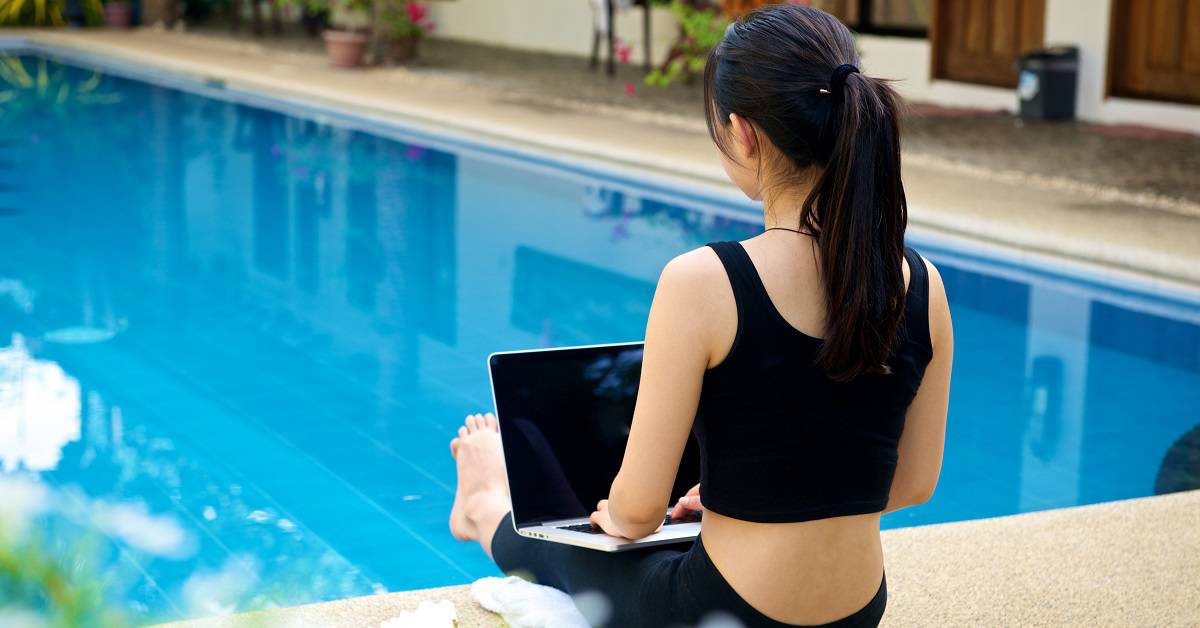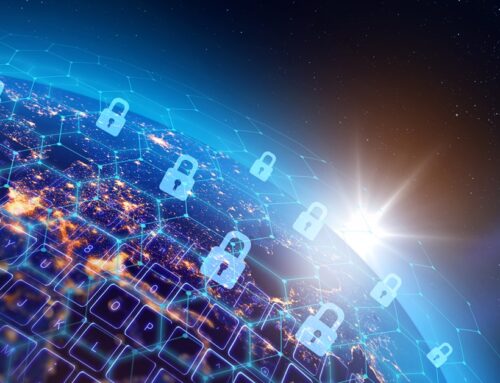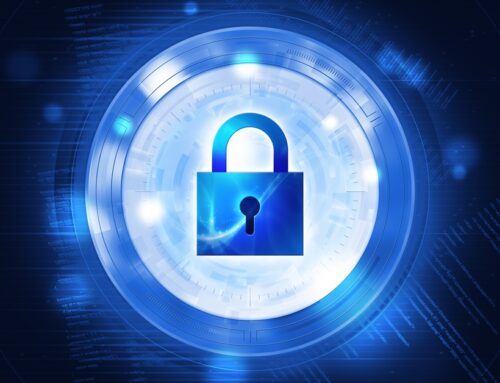After a year of sensible precautions due to the COVID-19 pandemic, many of us are beginning to travel again. While we take appropriate measures to secure our homes while we are away, we don’t always secure our devices. With cyber attacks increasing at a rapid rate, here are 15 things you should consider before you pack your family in a minivan and head for the open road.
Before You Hit the Road
- If you’re leaving computers and laptops behind on your trip, then make sure they are secure. If a burglar gets hold of your laptop, they should not be able to access your data – especially sensitive information such as account passwords. So, make sure all devices are password protected – and not with something simple, such as “password123.”
- If you’re taking your laptop with you, the same advice applies – be sure you have ample password protection in case your laptop is lost or stolen. Before you leave, also check to be sure that your laptop’s operating system and software are up to date. Downloading updates on the road is chancy because of slow and unstable Internet connections.
- That hard drive on the laptop that’s stowed in your suitcase? Back it up before you leave. That way, if your laptop is lost or stolen while on vacation, you’ll only lose the hardware and not the data.
- Do not post your travel plans on social media and don’t post travel photos while your away, because criminals use that information to burglarize your home. In fact, 78% of burglars use social media such as Twitter, Facebook, and Foursquare to choose the homes they target.
- Before you allow every family member to being their personal laptop or tablet along on the trip, ask if you really need all this gear. The chances of anything getting damaged, stolen, or lost are much higher when you’re on the road.
On the Road
- If you’re traveling through airports, don’t be tempted to use the free Wi-Fi. The risks of being attacked by a cybercriminal increase exponentially when connected to these unprotected networks. If you absolutely must connect to free Wi-Fi, then use a VPN that enhances your security by encrypting your connection.
- The same advice applies to hotels; don’t assume that the five-star resort’s Wi-Fi is secure. This is yet another time to take advantage of a VPN.
- Stay away from public USB charging stations, as these are a favorite target of cybercriminals, who use these stations to drop malware onto your device or to harvest your device’s data. When there are truly no other options, use a data blocker, which is a physical cybersecurity device that blocks all data connections to a USB port while allowing the port to be used for charging. That will keep the hackers at bay.
- Invest in a privacy screen, which ensures that only you can read what’s on your laptop monitor. Without a privacy screen, cybercriminals can secretly watch what you’re doing.
- Don’t use the hotel’s public computers that are available in the business center or concierge room – especially for financial transactions such as banking and shopping. The browser could easily save your data, including credit card information and account passwords. You’re also better off not using these computers to access webmail, as the next person who uses that computer might be able to gain access to your email account.
- Secure your devices when they are alone in your hotel room. Housekeeping staff are known to simultaneously prop open multiple hotel room doors while making their rounds. While this might make cleaning a bit easier, it also makes it much easier for someone to grab your laptop without being noticed.
- Physically secure your laptop by tethering it to a room fixture with a laptop lock and tether cable. These nifty devices cost less than $30 and can cause a cyberthief to move on to an easier target.
- Use a fully updated anti-malware solution for all your devices. You should do this whether you’re travelling or not.
Once You Return Home
- Before you get too busy getting caught up with work, update your anti-malware software and run a manual scan on every device that travelled with you to make sure you didn’t bring home any unwanted house guests.
- Change any passwords that you used while you were away. If someone did get hold of a password or two (because you decided that the privacy screen was not worth the investment), you’ll keep them from doing further damage.
If you’re traveling this summer, enjoy your time away from home. Heed the wisdom in these 15 tips, and you’ll enjoy it that much more.










